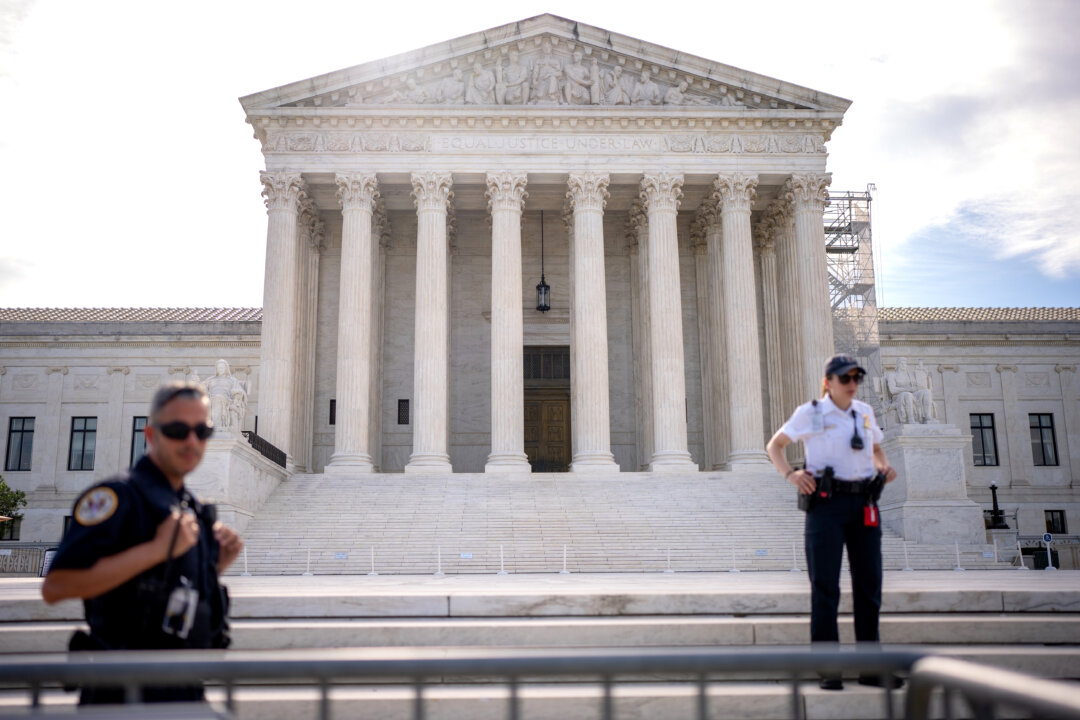The court said the state did not provide enough evidence to show that firearms bans for 18- to 20-year-olds were consistent with ‘historical analogues.’
The U.S. Supreme Court on Monday declined to hear an appeal from the state of Minnesota asking the high court to resurrect its law barring adults younger than 21 from obtaining a permit to carry a firearm in public.
The nine justices declined to hear the state’s appeal, letting stand a 2024 ruling by the St. Louis-based Eighth U.S. Circuit Court of Appeals that found the restriction violated the rights of adults aged 18, 19, and 20 to keep and bear arms under the Second Amendment of the U.S. Constitution.
The federal appeals court in St. Louis noted that the Second Amendment sets no age limit and generally allows for law-abiding, ordinary young adults to have and bear firearms.
In ruling against Minnesota, the appeals court said the state did not provide enough evidence to show that firearms bans for 18- to 20-year-olds were consistent with “historical analogues,” part of a legal test established under the Supreme Court’s 2022 landmark Bruen decision that prioritizes a historical analysis of gun regulations in the United States. The test requires courts to determine whether modern gun laws align with America’s historical traditions.
“If the regulation is consistent with the Nation’s historical tradition of firearm regulation, it does not infringe the right of the people,” the ruling stated. “If not, then the regulation improperly infringes the individual right to keep and bear arms.”
In the Bruen case, also called the New York State Rifle and Pistol Association v. Bruen, the Supreme Court ruled against New York state and declared that its concealed carry law, which mandates the individual to have a special need for self-protection, was unconstitutional. The state’s requirement was not consistent with the traditions of U.S. firearms laws, it found.
The state also failed to support claims “that 18 to 20-year-olds present a danger to the public … with enough evidence,” the appeals court wrote, adding that using recent crime data statistics “would be a stretch to say that an 18-year-old ‘poses a clear threat of physical violence to another.’”
Lawyers for the state argued in court filings to the Supreme Court that Minnesota already “allows significant access to guns” for people under 21. “Minnesota does not restrict the possession or use of firearms by youths of any age when supervised by parents or guardians,” state lawyers wrote.
Gun rights groups, including the Firearms Policy Coalition, filed a lawsuit against the state. They argued that the restriction was unconstitutional.
The case, Worth v. Jacobson, “presents the perfect vehicle for the Supreme Court to take up this incredibly important issue and hold that all peaceable adults have the right to keep and bear arms,” the group’s president, Brandon Combs, said in a March statement.
On Monday, the Supreme Court also turned away a separate challenge that involved the University of Michigan’s ban on having guns on campus, leaving intact the restrictions.
Other cases involving laws that restrict guns for adults under the age of 21 have seen mixed results in recent months. An appeals court in New Orleans struck down a federal law requiring young adults to be 21 to purchase handguns, while a judge in February declined to block Hawaii’s ban on gun possession for 18- to 20-year-olds.
The Supreme Court on April 7 turned away a challenge to gun restrictions that New York adopted after the Bruen ruling. In another gun-related case, the court on March 26 upheld a federal regulation targeting “ghost guns,” though that ruling did not center on Second Amendment issues.
Reuters contributed to this report.

